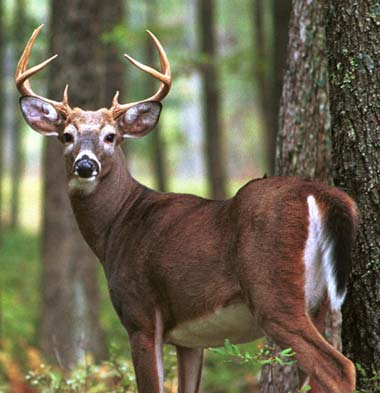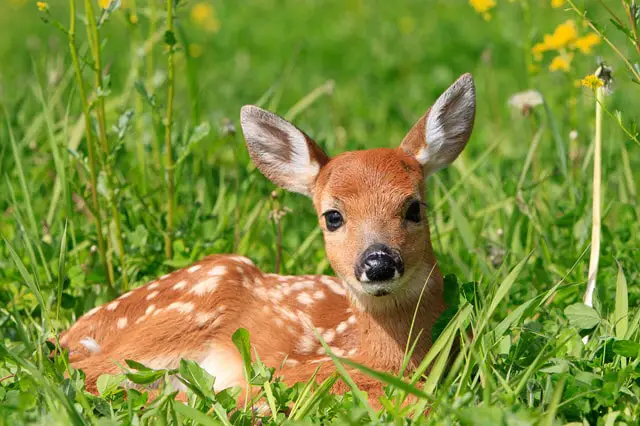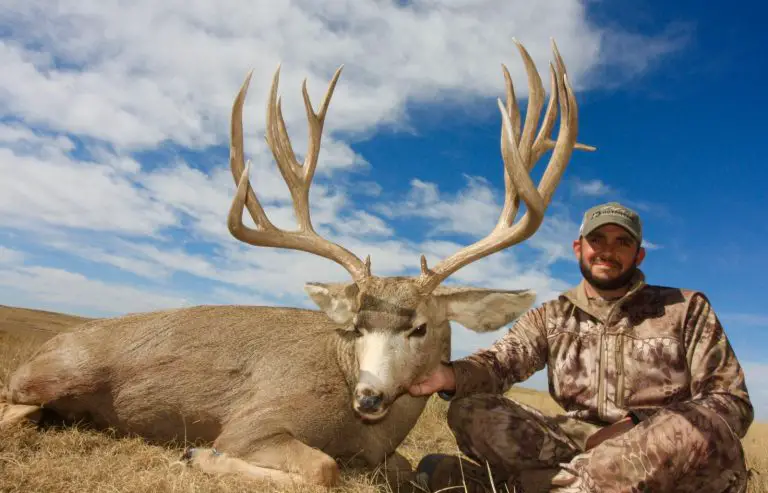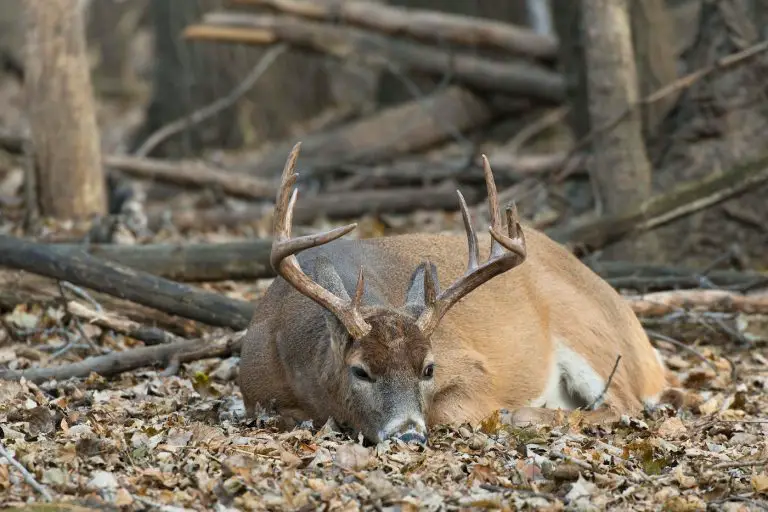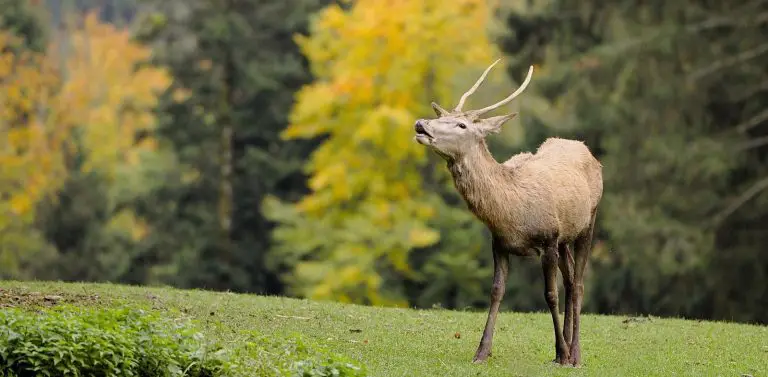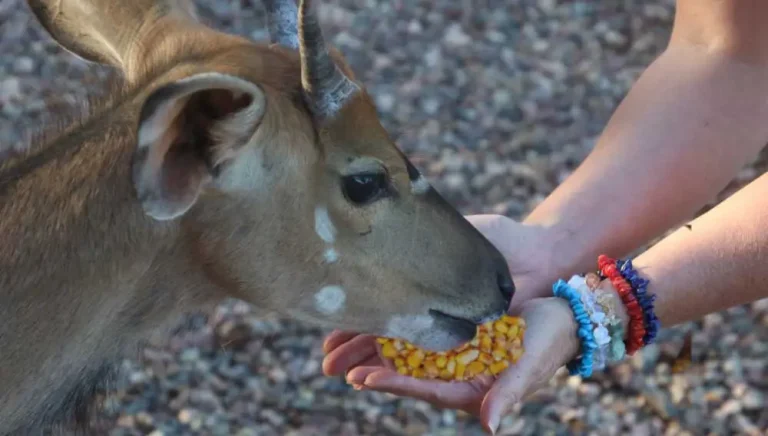Why Does a Baby Deer Cry at Night?
A baby deer, also known as a fawn, may cry at night due to hunger or distress. Their cries signal the mother or express discomfort.
Understanding why fawns vocalize can help us better appreciate their behavior in the wild. These young deer are vulnerable and heavily reliant on their mothers for nourishment and protection. A fawn’s cry can be an instinctual response to being left alone while the mother forages for food, which is a common survival strategy to avoid drawing predators to the newborn’s location.
However, if the mother does not return for an extended period, the crying may intensify as the fawn calls more desperately. On the other hand, if a fawn feels threatened by predators or environmental factors, it may also cry out as an alarm signal to alert its mother to the danger. It’s essential to recognize that while some fawn cries are natural, persistent crying can indicate that a fawn is in genuine distress and may require intervention by wildlife experts.
Nature’s Lullaby Or Distress Signal?
Baby deer, known as fawns, emit cries at night that can carry diverse meanings, often rooted in their instinctual need for survival. Researchers have observed that these cries can signal distress, hunger, or a plea for the mother’s attention. Distinguishing between these vocalizations is crucial for understanding fawn behavior and their chances of survival in the wild. Specific cries might lead the mother deer to her offspring, whereas other cries help in keeping predators at bay.
One must consider the innate behaviors of these gentle creatures to comprehend their communication fully. The relationship between the cries of a fawn and its survival instincts is profound. A loud cry could potentially alert predators, yet remaining silent could mean not receiving necessary care. Thus, the subtle nuances in a fawn’s cry are key to their survival, making it an important area of study for wildlife enthusiasts and biologists alike.
| Type of Cry | Purpose |
|---|---|
| High-pitched and continuous | Indicates hunger or the need for maternal presence |
| Low and short | Suggests comfort or contentment |
| Loud and sudden | Signals immediate distress or predator threat |
Decoding The Nighttime Serenade
Baby deer, or fawns, often emit cries at night due to a variety of reasons. Hunger is a primary cause, as fawns are dependent on their mothers for milk. When separated or if the mother is not around to nurse, their cries serve as a signal for her return. Fear from potential threats or unfamiliar noises in their habitat can also trigger crying. Environmental disturbances or predators in the vicinity might provoke a stress response in fawns, leading to vocalizations for reassurance.
External factors, such as weather conditions and human activities, considerably affect fawn behavior. Harsh climates or disruptions caused by human encroachment into their territories can result in discomfort or anxiety amongst young deer, causing them to cry. Understanding these vocal patterns aids in deciphering whether a fawn is expressing hunger, fear, or experiencing separation anxiety. Monitoring these cries can be pivotal for wildlife specialists to ensure the well-being of these delicate creatures.
Protecting The Vulnerable
Baby deer, or fawns, often emit cries during the night, which can signal distress. The darkness of night often brings with it a heightened risk from predators. Instinctual cries can emanate from the fawns, potentially alerting their mothers to danger. This vocalization serves as a defensive mechanism, designed to trigger an immediate response from their mothers for protection.
Mother deers are incredibly attuned to their offspring’s cries. These cries can carry varied information – signaling hunger, fear, or the need for comfort. Typically, a mother deer will hasten to its fawn’s side to assess the situation and provide the necessary care, which may involve moving the fawn to a safer location.
Instances of human encounter with a crying fawn can raise questions about the right course of action. While intentions may be well-meaning, human intervention is often deemed harmful unless the fawn is in immediate danger. Young deer are best cared for by their own kind, and unnecessary interference can disrupt natural behaviors.
Conservation efforts aim to create safer habitats for these vulnerable creatures. By mitigating risks posed by both natural and human-induced threats, the need for nighttime cries of distress could potentially decrease, leading to a better survival rate for young deer in the wild.
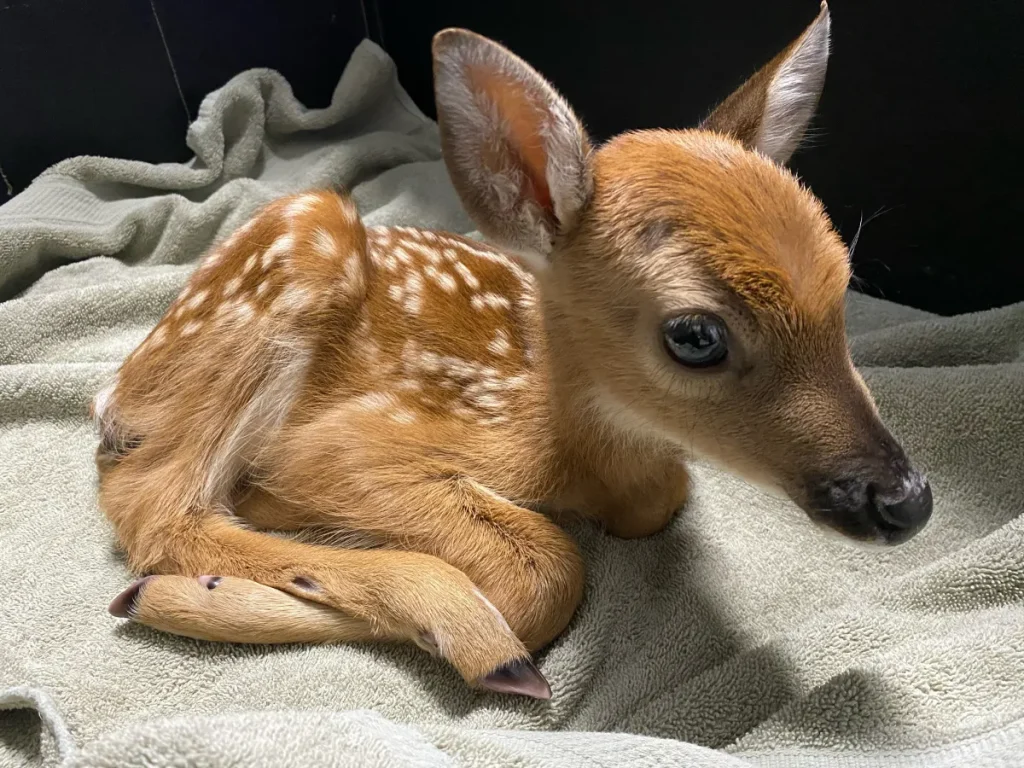
Frequently Asked Questions For Why Does A Baby Deer Cry At Night?
What Triggers Baby Deer Night Crying?
Baby deer, known as fawns, may cry at night due to hunger, seeking their mother’s attention, or feeling distress. They emit soft bleats when they require nourishment or comfort. This crying can attract their mother, ensuring they receive the care they need.
How Does A Fawn’s Cry Sound?
A fawn’s cry is often described as a soft, plaintive bleat. This sound is similar to a baby’s whimper, serving as a communication signal between the fawn and its mother. The cry can vary in intensity depending on the urgency of the fawn’s needs.
Can Baby Deer Crying Indicate Danger?
Yes, a crying baby deer can indicate danger. Fawns instinctively stay still and silent to avoid predators. If a fawn cries out, it may suggest immediate distress or a threat in the vicinity, potentially signaling predators about its location.
Is It Normal For Fawns To Cry Every Night?
It is not typical for fawns to cry every night. Frequent crying could denote problems such as separation from the mother or illness. If a fawn is secure and its needs are met, it will cry less often, usually only to communicate with its mother.
Conclusion
Understanding the reasons behind a baby deer’s nighttime cries reveals a complex blend of biology and behavior. This phenomenon serves as a poignant reminder of nature’s intricacies. By exploring these cries, we deepen our appreciation of wildlife’s delicate balance. Protect their habitats to ensure these tender calls linger in the night.


